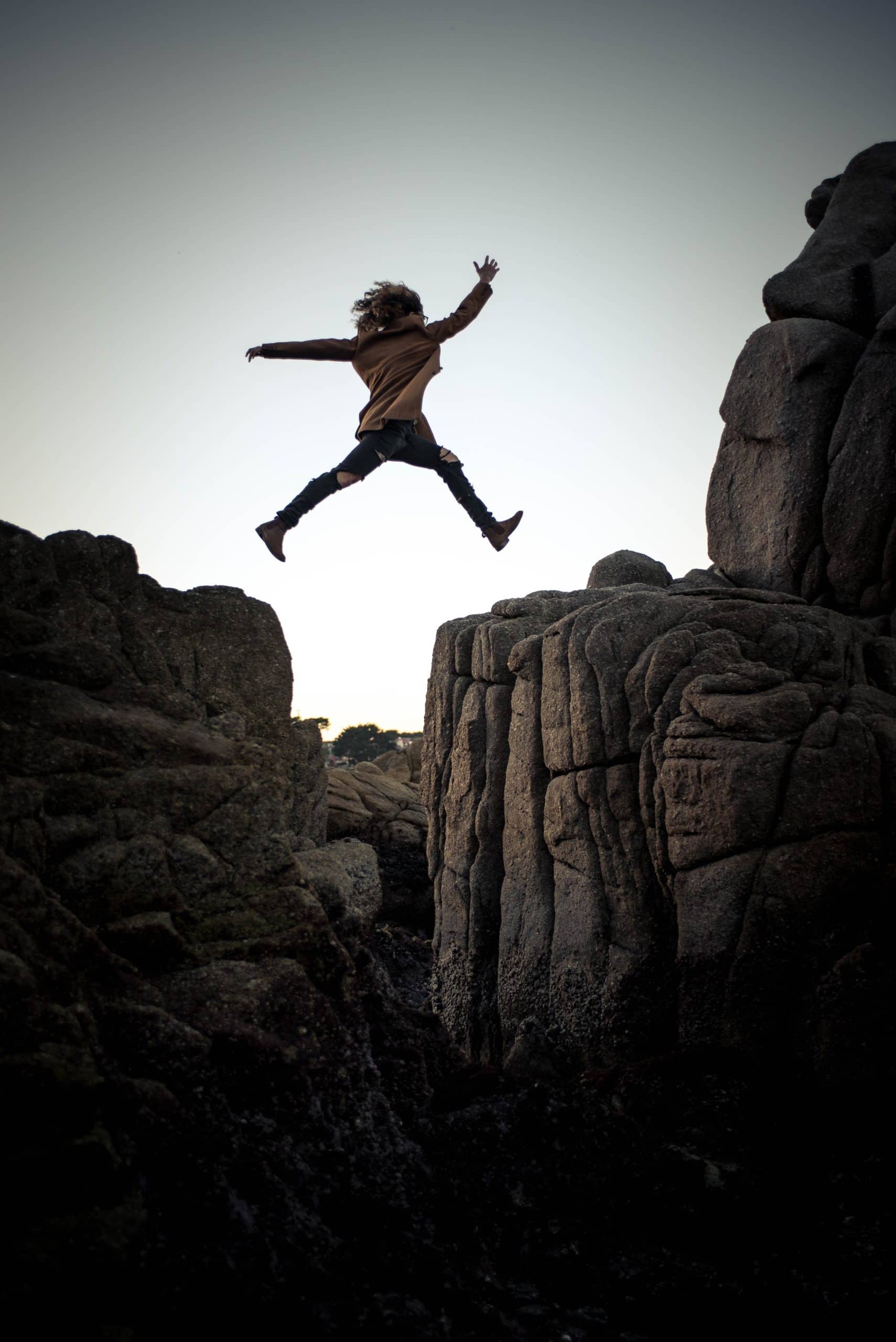My Junior year of college I had the opportunity to study in Jerusalem for a couple of weeks. In discussing this opportunity, those around me generally had the same query, “Is it safe to go to the Middle East?” I didn’t think about it that much, but did acknowledge to them that I was going to a place known internationally for instability.
When I arrived, I had the pleasure of having dinner with some of the Jesuits stationed there from all over the world. We were talking and I mentioned that I went to high school in Detroit. At the mention of this, the conversation went quiet and their eyes got big. “You went to school in Detroit? Isn’t it super dangerous over there?” I couldn’t help but laugh to myself, knowing that despite our being in the Middle East, they were concerned about my safety at home. Of course the trip ended up being completely safe for me, as was my time at the only Catholic school that remained in the City of Detroit.1
The decision to go on this trip and the decision of my parents to let me go to school in Detroit could very easily have been deflated over feelings of safety. It is a value that many of us deem as essential. However, I believe that these concerns often are coming from a bad place. If I hadn’t been given the opportunity to go to school in Detroit, I would not have been able to encounter people with radically different experiences than I had. I would have remained in a bubble in the western suburbs, where I would have only had the chance to get to know other white students from upper middle class backgrounds. At my school I was exposed to students of different races, religions, economic backgrounds, sexualities, and political beliefs. If I hadn’t had the chance to go to Israel, I wouldn’t have had a chance to get to walk where my savior actually walked. I wouldn’t have had the chance to gain a unique perspective on the Israeli-Palestinian conflict, and I would have missed out on getting to know the situations that others experience in the world in order to open up my heart to them even more.
This does not mean that safety is something that needs to be completely discarded. Safety clearly has important benefits, especially when it comes to protecting others. COVID-19 has shown us how important it is to care for each other and make decisions to protect one another. However, we cannot let our desire for safety get in the way of us experiencing the world and encountering God’s people.
Scripture itself is full of reckless love from God. Jesus speaks about the image of the Good Shepherd who is unafraid to run after the one lost sheep, leaving behind the ninety nine. He is unafraid to go into harm’s way to save the lost sheep, knowing that the wolves will likely come and devour the shepherd. These aren’t just flowery words from Jesus with no action either. When Jesus is confronted with the man with the withered hand, the Pharisees are waiting from him to break their interpretation of the Mosaic Law. Jesus could have played it safe and told the man to wait a day to be healed. He could have taken the man aside and healed him secretly. Instead, Jesus asks the man to stand up and knowing that the trap was laid in front of him, falls right into it. He heals the man on the sabbath because he loved him. The Pharisees run off and immediately begin plotting against Jesus. We know how the story ends. Jesus ultimately is condemned to die for the sake of his love, and he goes willingly to be sacrificed, knowing that that is what love takes. Why would Jesus put himself in such a vulnerable position? Because Jesus couldn’t help but give love to those he encountered. Of course he would heal the man’s hand and of course he would risk everything because God’s love is reckless and has no concern for himself. Of course he would leave everything behind to save just one person.
If we were to choose to follow Jesus in this way, our views of issues in our world would change dramatically. Instead of being afraid of migrants, we might rejoice in loving them and giving them a chance to succeed in this country. Instead of being afraid of getting a COVID-19 vaccine, we might grow in trust that this is what we can do to love our neighbors more completely. We might lose our fear of getting into difficult conversations even if we are afraid that we will be judged or overlooked. We might be prepared to speak truth to power in the name of love. We could ultimately choose to be vulnerable with those we love, knowing that they could hurt us if we share our hearts with them. We could share the deepest insecurities of our hearts with each other and through that know just how loved and affirmed we are.
The great paradox of all of this is that by being reckless with our love, most of the time, we end up more secure. If we open our hearts to a friend, most likely they will affirm us and say that they love us anyway. If they don’t, they never loved the real us in the first place. If we go to places considered dangerous by the world, we might grow and learn new things about this beautiful life we have. If we decide to lay down our lives, whether literally or spiritually for those God loves, then we gain the greatest of all securities. That security is knowing that our souls and hearts are safe in God’s loving hands.
- There are now a few Catholic high schools in the city of Detroit that have been founded relatively recently, but during the 1960s-1980s, the University of Detroit Jesuit High School was the only one to choose to stay in the city proper. ↩


